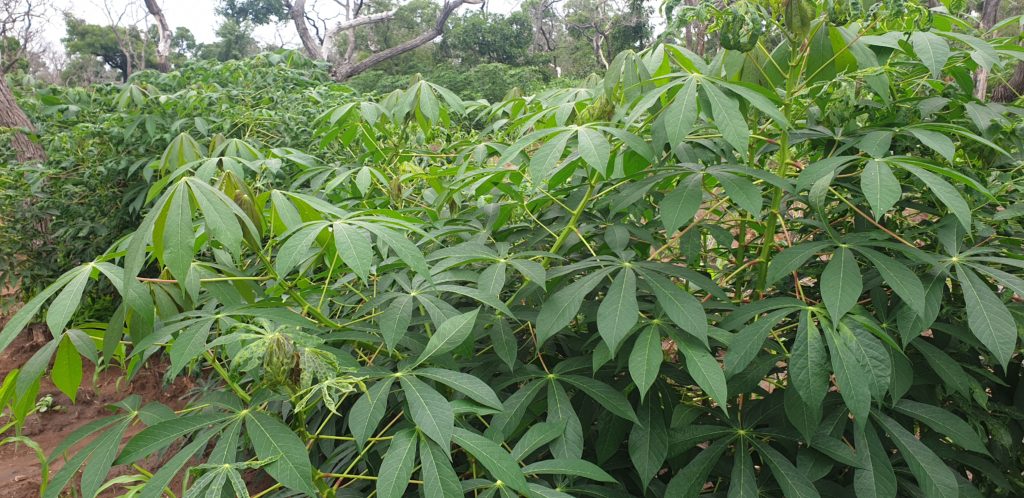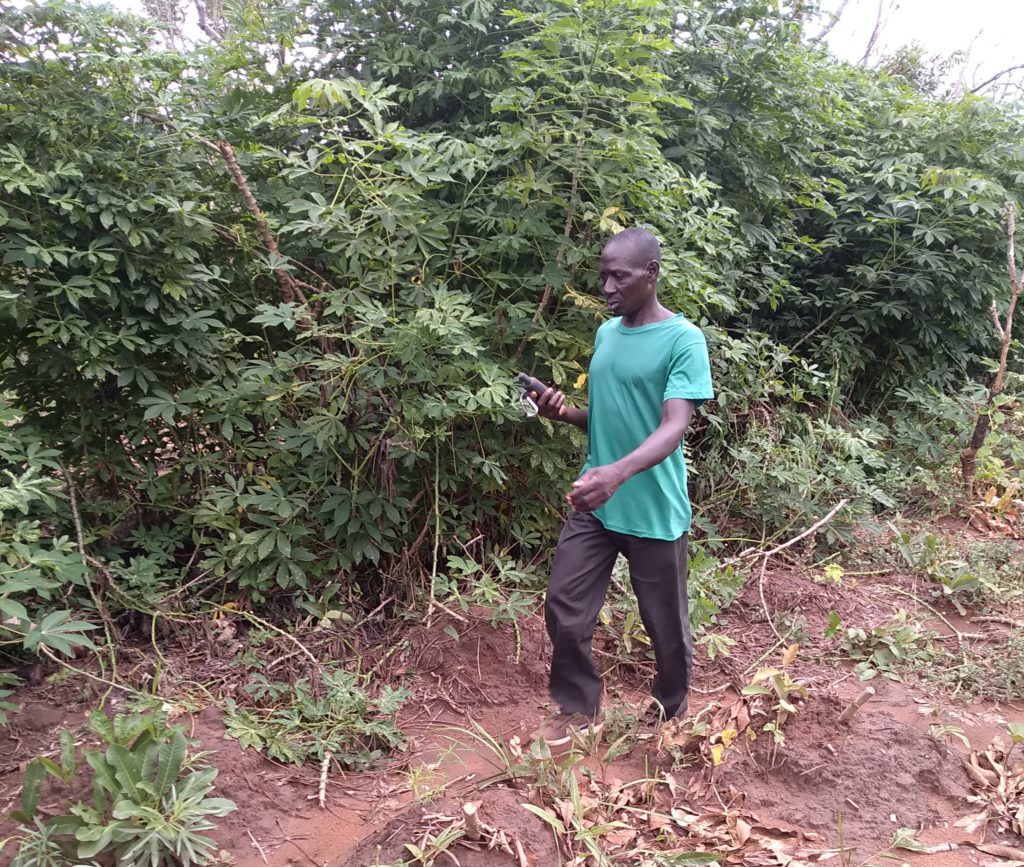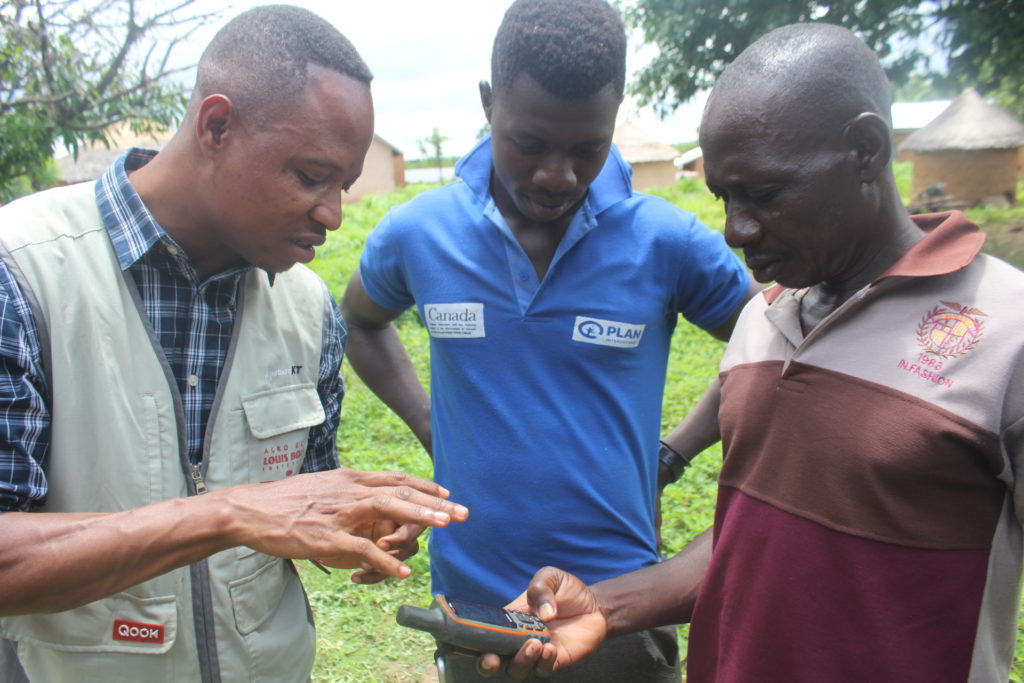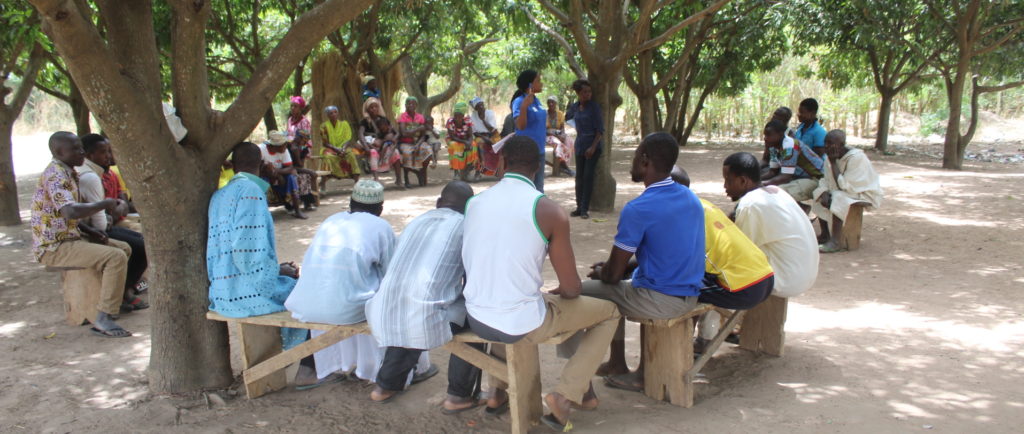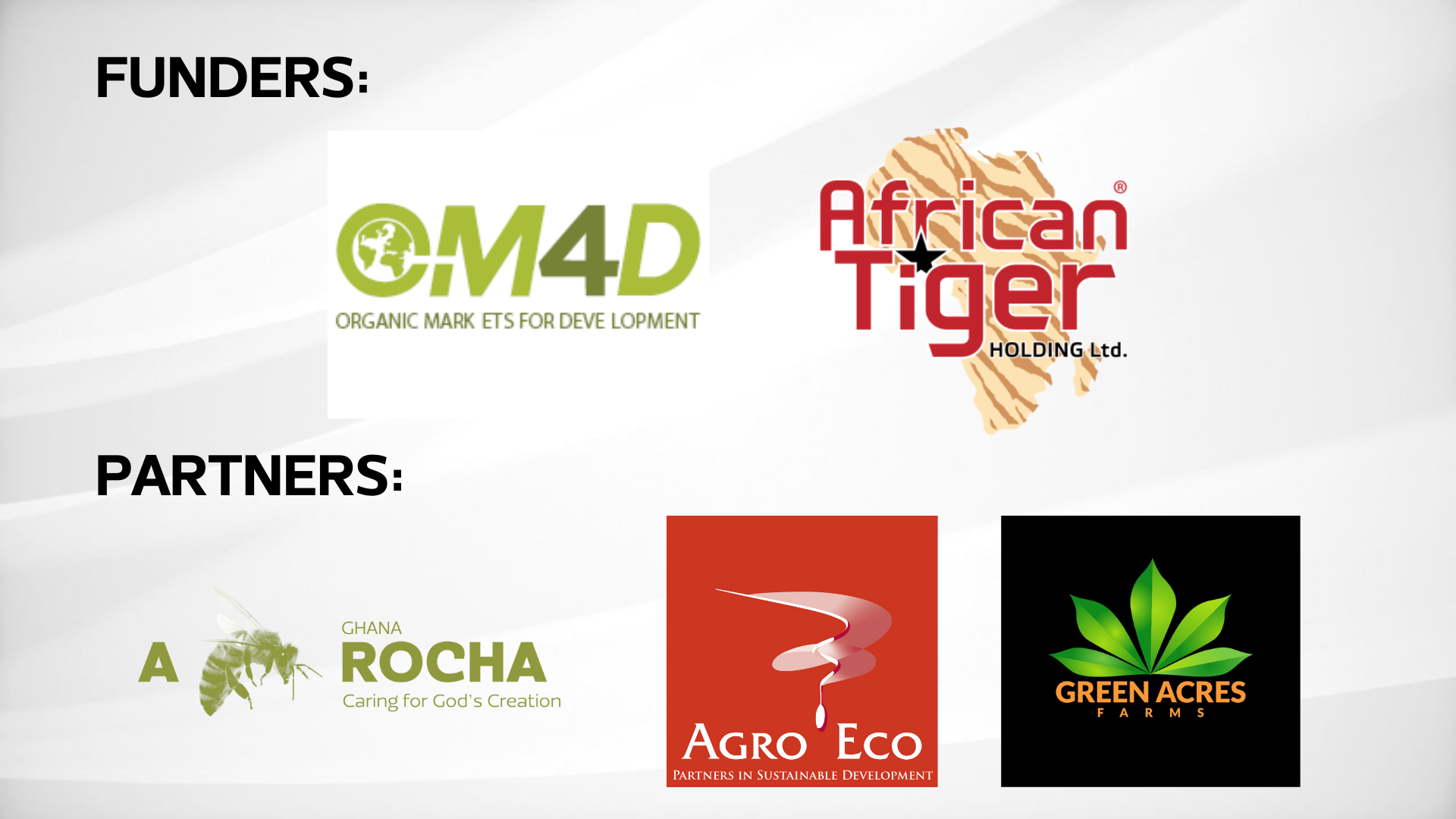CREMAs Around Mole National Park Get Certification For Organic Cassava Trade
The Community Resource Management Areas (CREMAs) around the Mole National Park have received certification from the Control Union (CU) to produce organic cassava and other value-added cassava products.
The certification , which seeks to support small-holder farmers to grow organic cassava and aggregate produce for ready markets, is a collaboration between A Rocha Ghana (ARG) and Agro Eco-Louis Bolk Institute under the OM4D project.
This intervention comes at a time when achieving food security through the production of sufficient food in good quality with minimum impact of agro-biodiversity has become imperative.
All over the world, the demand for organically produced foods is on rise due to the negative effects of conventional food production which often has dire effects on the land as well as on the health of consumers. The desire of farmers to increase food production has also led to the use of chemical fertilizers that are harmful to the ecological system.
Sadly, the lack of access to a ready market for organic produce, which leads to post harvest loses often prevent the farmers from investing in organic production and this has been the plight of most communities within the Mole Ecological Landscape, whose efforts to contribute to food security by increasing production are undermined.
Objective of Organic Cassava Value Chain Initiative
The aim of the initiative is therefore to promote sustainable landscapes through the development of Green Value Chains. The organic cassava initiative is the second Green Value Chain product after the Organic Shea to be promoted in the landscape. The organic Shea scheme has already been ongoing for 5 years.
The initiative will critical gaps of agro-production and business by promoting sound environmental agronomic practices for sustainable food security, food safety and land management. It will also address the seasonal crop-produce uncertainties that farmers face, most particularly for cassava.
This initiative is the farming revolution needed to address the challenges posed by the increased costs of agricultural inputs, environmental degradation and climate change. The approach employed will contribute significantly to addressing on-farm challenges and improve farmers’ income through value addition and access to local and international market.
It will also contribute to addressing the issue of soil infertility and high cost of farm inputs for smallholder farmers.
Livelihood Intervention
The organic program is not only supporting farmers to obtain certification for organic production. It also provides support for the establishment of facilities for processing cassava flour and chips based on market demands.
As part of efforts to provide market access for the farmers, the program is facilitating the trade of over 1,000 tonnes of organic cassava from farmers who still have cassava buried in the soil for the past 2 years.
The initiative, is envisaged to expand to other crops of high-end market value as the enterprise grows. Pacesetting communities for this initiative include farmers from Murugu, Bawena and Kpulumbo in West Gonja Municipal and North Gonja District in the Savanna Region of Ghana. As part of scaling up, the initiative is currently recruiting and registering farmers who are committed to join this organic farming scheme.
Contribution to the SDGs
This initiative will help meet SDG 1 (end poverty in all its forms in the Mole ecological area), SDG 2, (end hunger, achieve food security and improved nutrition, and promote sustainable agriculture) and SDG 3, (good health and wellbeing). Additionally, this program contributes to SDGs 11, 12 and 15 promoting sustainable communities, consumption patterns and commodities as well as by providing protection for pollinators and other biodiversity that depend on agro-biodiversity and forage on farmlands.

